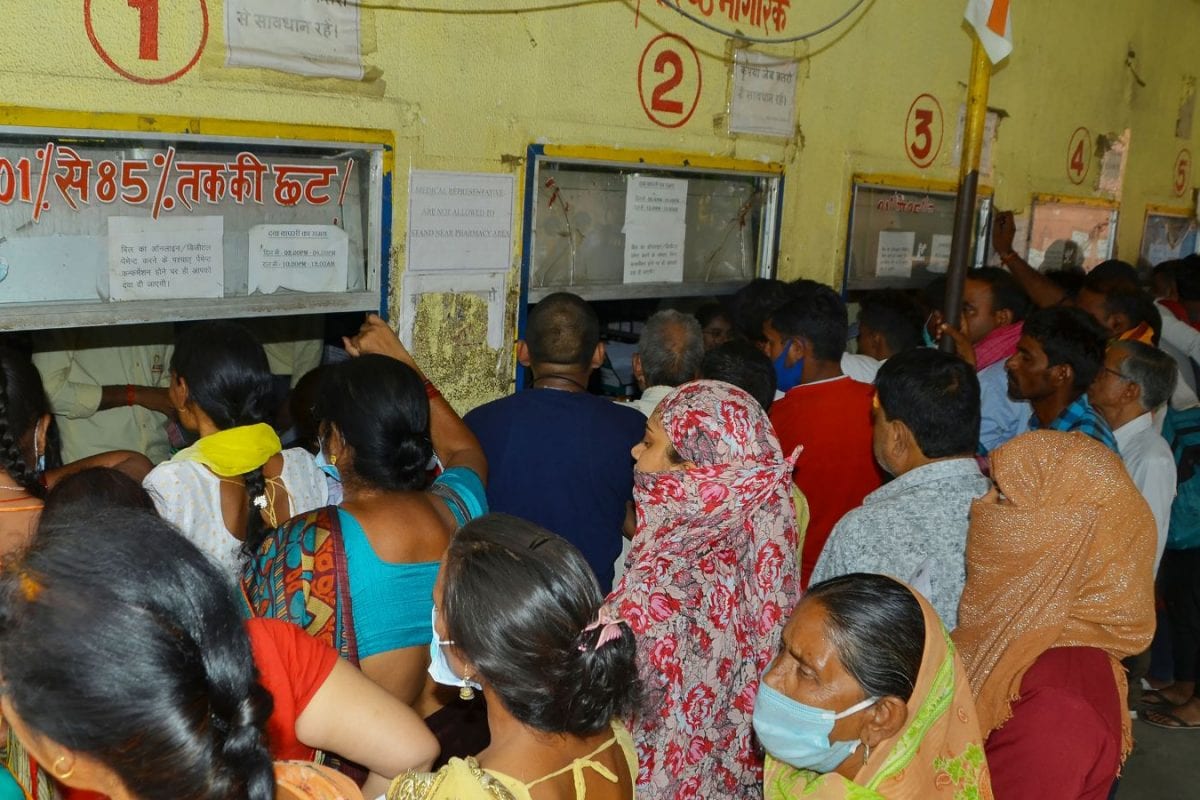

Haryana's public health system is facing a significant crisis, teetering on the brink of collapse, primarily due to the non-payment of dues under the Ayushman Bharat Pradhan Mantri Jan Arogya Yojana (AB PM-JAY). This situation has forced private hospitals to threaten to withdraw from the scheme, potentially leaving millions without access to crucial healthcare services.
The Ayushman Bharat scheme, launched in 2018, aims to provide cashless health coverage of up to ₹5 lakh annually to economically vulnerable families. In Haryana, around 1.8 crore people are registered under this scheme, which covers a wide range of medical treatments, from routine tests to surgeries. However, the scheme's implementation in Haryana has been plagued by persistent problems, mainly due to the state government's failure to release timely reimbursements to private hospitals.
The Indian Medical Association (IMA) Haryana has been vocal about the issue, highlighting the "chronic breakdown" in the scheme's administration. According to the IMA, most private hospitals have received only 10-15% of their billed amounts since March 2025, creating immense financial strain. As of July 2025, the pending dues have amounted to over ₹500 crore, pushing many hospitals to the brink of financial collapse.
Dr. Mahavir Jain, president of IMA (Haryana), stated that it has become "financially impossible" for hospitals to continue offering free treatment under the scheme without timely reimbursements. This has forced hospitals to dip into their reserves or turn away patients, defeating the purpose of the Ayushman Bharat scheme.
In response to the mounting dues, the IMA Haryana issued a notice stating that 650 private hospitals across the state would stop treating patients under the Ayushman Bharat scheme from August 7, 2025, if the reimbursements were not cleared. While emergency services would continue, planned procedures would be put on hold. This decision has raised serious concerns about the future of healthcare access for the poor and vulnerable in Haryana.
The state government's apathy towards the issue has been a recurring problem. Despite repeated assurances and meetings with government officials, payments continue to be delayed, sometimes by as long as 4-5 months. The IMA has also pointed out irregular payments, unnecessary deductions, delayed processing of cases, and difficulties in raising grievances on the portal as major concerns.
The potential withdrawal of private hospitals from the Ayushman Bharat scheme could have severe consequences for Haryana's public health system. With a significant portion of the state's population relying on the scheme for medical treatment, the suspension of services would disproportionately affect low-income families, senior citizens, and those with chronic illnesses. Many may be forced to forgo essential medical care or face significant financial burdens.
The situation highlights the challenges in ensuring universal health coverage, particularly in states with inadequate healthcare infrastructure and financial constraints. While Haryana has a network of primary healthcare centers, community health centers, and district hospitals, there is a need for further investment to cater to the growing population and ensure equitable access to healthcare services, especially in rural areas.
To prevent a collapse of the public health system, the Haryana government needs to take immediate and decisive action. This includes clearing the pending dues of private hospitals, streamlining the reimbursement process, and increasing the budget allocation for the Ayushman Bharat scheme. The government must also address the systemic issues that cause delays and deductions in payments, ensuring that hospitals are adequately compensated for their services. Simultaneously, the state needs to focus on strengthening its public healthcare infrastructure, addressing the shortage of skilled healthcare professionals, and improving the implementation of health programs. Failure to do so will not only jeopardize the health and well-being of its citizens but also undermine the progress made towards achieving universal health coverage.